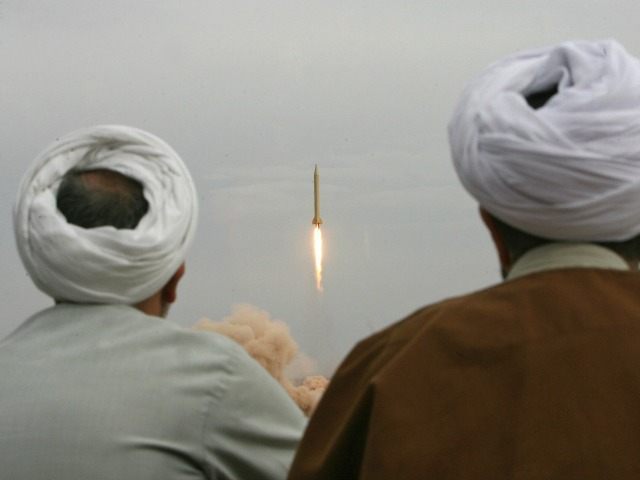UNITED NATIONS (Reuters) – Russia, which has veto power in the United Nations Security Council, said on Monday Iran should not face new council sanctions over recent ballistic missile tests as the tests did not violate a U.N. resolution.
The tests last week drew international concern and prompted a meeting on Monday of the 15-nation Security Council. U.S. Ambassador to the United Nations Samantha Power called the tests “provocative and destabilising.”
When asked if Iran should face new sanctions, Russia’s U.N. Ambassador Vitaly Churkin said: “The clear and short answer is no.”
Speaking to reporters ahead of the closed-door meeting, Israeli Ambassador Danny Danon urged council members to take new “punitive measures” against Tehran over the launches, which he said were a direct threat against Israel.
“We cannot and we will not bury our heads in the sand in the hope that the Ayatollahs act responsibly,” said Danon, whose country has been a strong critic of the nuclear deal between Iran and major powers last year that relaxed most international sanctions against Tehran in return for curbs on Iran’s nuclear programme.
Washington imposed sanctions on 11 companies and individuals for supplying Iran’s ballistic missile programme after a series of tests last year, and U.S. Secretary of State John Kerry said the latest tests were a clear violation of U.N. resolution 2231.
Washington has said the tests did not violate the nuclear deal, but a separate part of resolution 2231, which was adopted in July.
Over the weekend France said the European Union could impose its own sanctions on Iran because of the missile tests.
“We are in a case of non-compliance with (resolution) 2231,” French U.N. Ambassador Francois Delattre told reporters on the way into the council meeting.
The meeting, convened at the request of Washington, was unlikely to result in any council action. Most international sanctions against Iran were lifted in January, although limited restrictions on Tehran’s missile programme and a U.N. arms embargo remain in place.
China, like Russia, has a veto on the council and can block any punitive action against Tehran. Chinese Ambassador Liu Jieyi did not address the issue of sanctions directly.
“It is for the council to decide,” he told Reuters. “The most important thing is to carry out the nuclear agreement, that’s the most important thing.”
British Ambassador Matthew Rycroft made clear London shares the view that Iran’s launches of ballistic missiles that appear capable of delivering nuclear warheads were “in blatant disregard of resolution 2231.”
Resolution 2231 “calls upon” Iran to refrain from certain ballistic missile activity. Western nations see that as a clear ban, though council diplomats say Russia, China and several other council members agree with Iran’s view that this is merely an appeal to Tehran to voluntarily refrain from missile work.
Iran has also said that none of its missiles are designed to carry nuclear weapons.

COMMENTS
Please let us know if you're having issues with commenting.